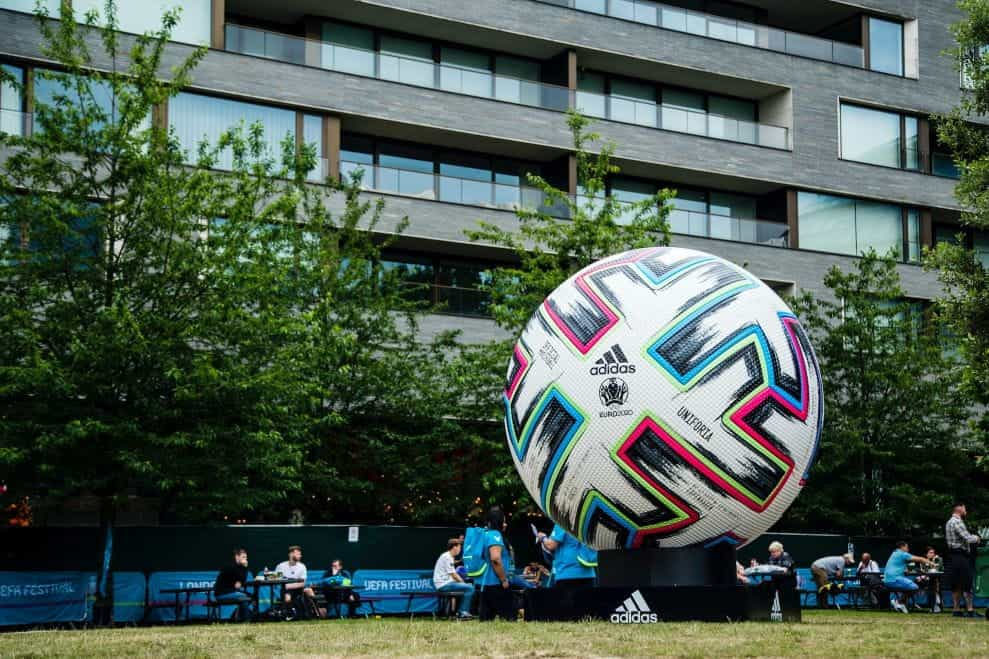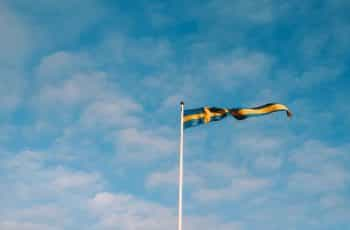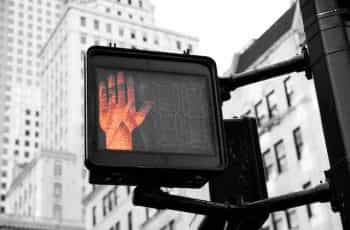UEFA gears up against match-fixing in football through FTF program
The Union of European Football Associations (UEFA), the foremost body of European football, has launched an anti-match fixing programme named Fight The Fix (FTF) in an effort to thwart match-fixing attempts at all levels of the sport. The programme is a combined effort between UEFA, football clubs, and various national associations in the region.

Match fixing could see a prominent rise in a footballing world where gambling brands are more and more visible. ©Robert Anderson/Unsplash
A collaboration with the University of Lausanne’s (UNIL) School of Criminal Justice has already kicked off the FTF programme. The programme is geared to assist integrity officers or any other representatives of football institutions who are involved in anti-corruption in what UEFA recognises as three key steps: detection, intelligence and prosecution.
The first session focused on the detection phase of the FTF programme and has already been completed. Attendees were trained in intelligence-gathering and investigation skills that are crucial in identifying, investigating and prosecuting multiple rogue cases. Fictitious match-fixing cases were set up as attendees were asked to implement taught techniques.
Football and match fixing
Football has been no stranger to the world of match-fixing over the years, although high-profile cases have subsided over the last decade or so. It has been more than 13 years since the biggest and most infamous European match-fixing scandal in 2009. Over 200 games were investigated in the domestic football leagues of nine European countries – Austria, Belgium, Bosnia-Herzegovina, Croatia, Germany, Hungary, Slovenia, Switzerland, and Turkey. Twelve UEFA Europa League qualifiers and three UEFA Champions League qualifiers were also under the microscope. Peter Limacher, UEFA spokesman at the time, had called it the biggest match-fixing scandal ever to hit Europe.
Four years after that incident, the European Union Police Agency (Europol) said it had found evidence that suggested there had been match-fixing in international football matches as well. Back then, this investigation was the biggest match-fixing investigation in Europe, with evidence of match-fixing reportedly found in about 380 games involving 425 club and match officials , as well as players.
The Pavel Kralovec implication
More recently – in 2020 – match official Pavel Kralovec had been implicated. The Czech referee had officiated games in the UEFA Champions League, and was found to be part of an operation that had also involved ex-Czech Football Association (FACR) deputy head Roman Berbr and 19 others individuals. Berbr had allegedly contacted Kralovec ahead of a Czech Cup final between Sparta Prague and Slovan Liberec, in which Sparta had secured qualification to the UEFA Europa League.
Kralovec’s refusal to hand a red card to Sparta Prague – who eventually qualified – player Martin Frydek as advised by the video assistant referee (VAR) is what put him under the scanner, and a wiretap later on revealed that Berbr’s conversation with Kralovec had allegedly involved relaying of instructions by Josef Krula, Sparta’s sports manager. Kralovec went on to be removed from the Czech League’s referees list, but only a day after he had officiated the UEFA Champions League game between Chelsea and Krasnodar.
How UEFA plans to tackle it
With the increasing presence of gambling brands within world sports and the ease of access now possible, the number of vectors of attack for unscrupulous activities is bound to increase. UEFA’s launch of the FTF programme is centered around such a world. Aleksander Ceferin, President of the UEFA, said that the UEFA should always be at the head of the fight against match-fixing.
“Match-fixing is one of the biggest threats to the integrity of the beautiful game and it is UEFA’s duty to remain at the vanguard in the fight. Maintaining trust in the sport means increasing expertise and support for those involved in the fight at national and international levels.”
In a nutshell, the programme will comprise of the following broad principles as far as education is concerned:
- Training for professionals and opportunities to train amateurs
- In-depth understanding of the match-fixing and how to tackle it
- How to use the latest developments and monitoring tools
- Info on the conditions and procedures of investigation and prosecution



